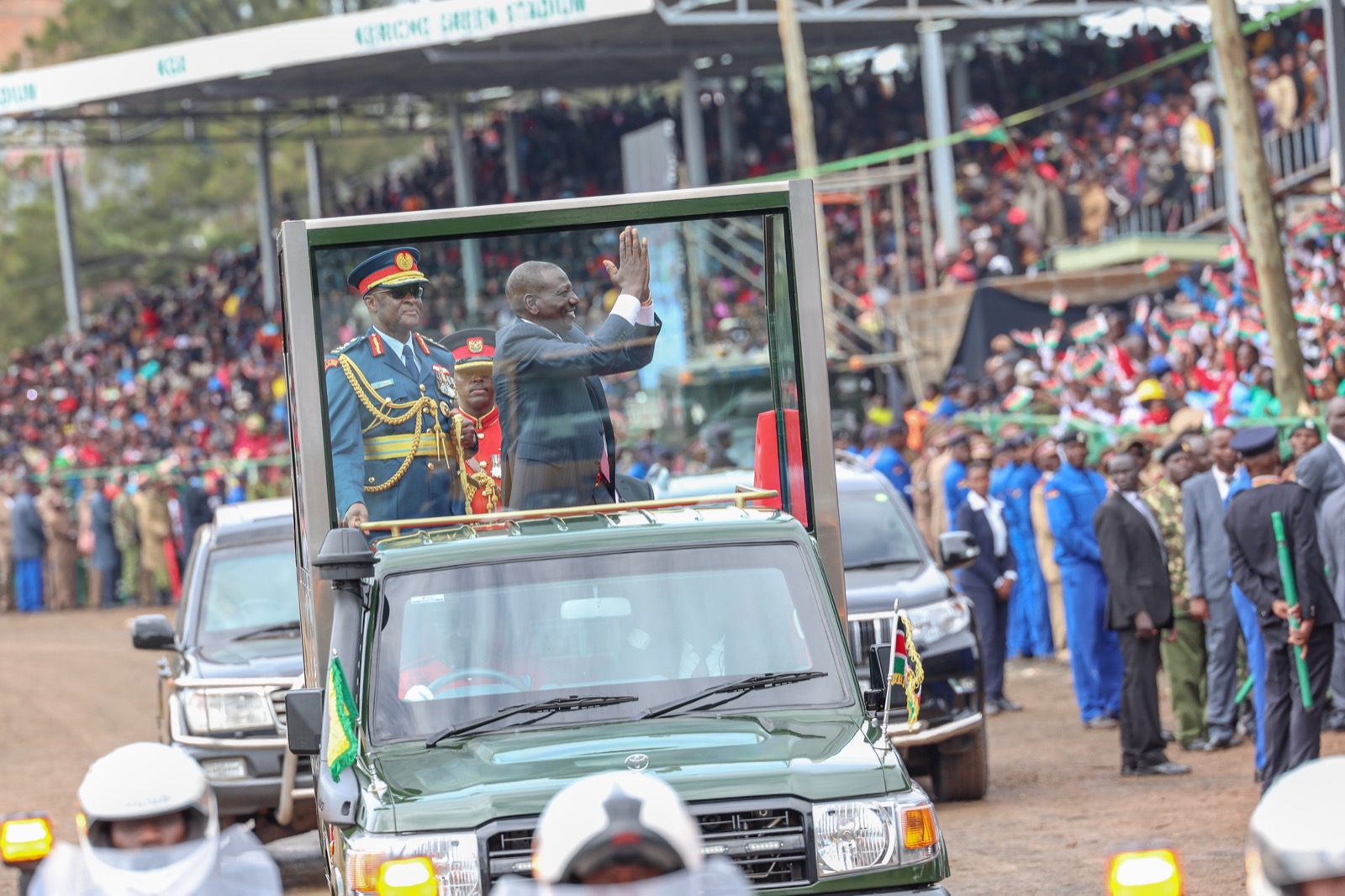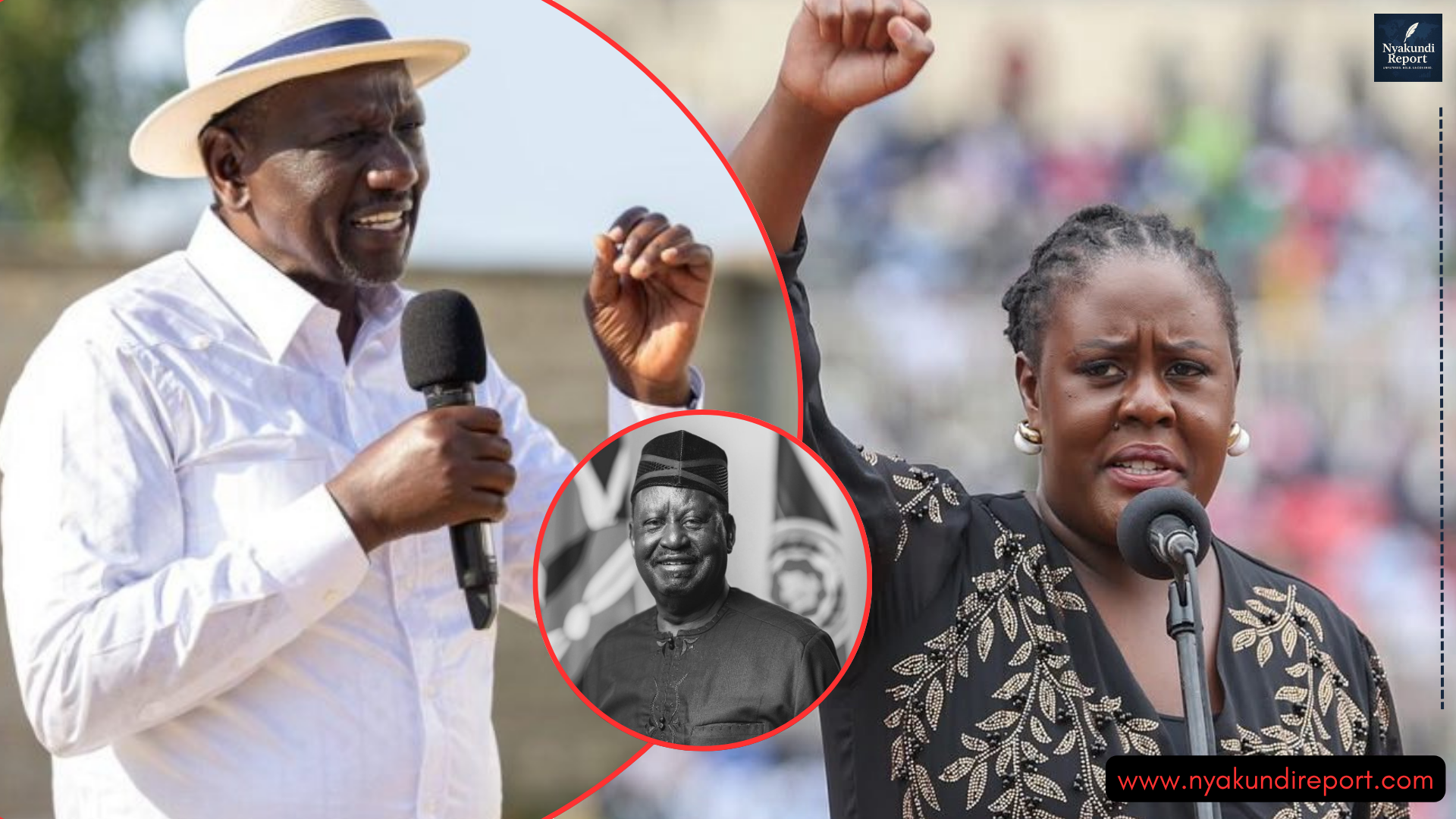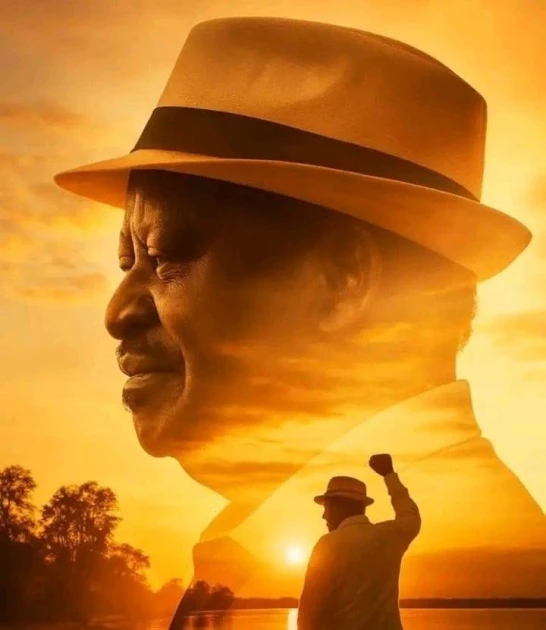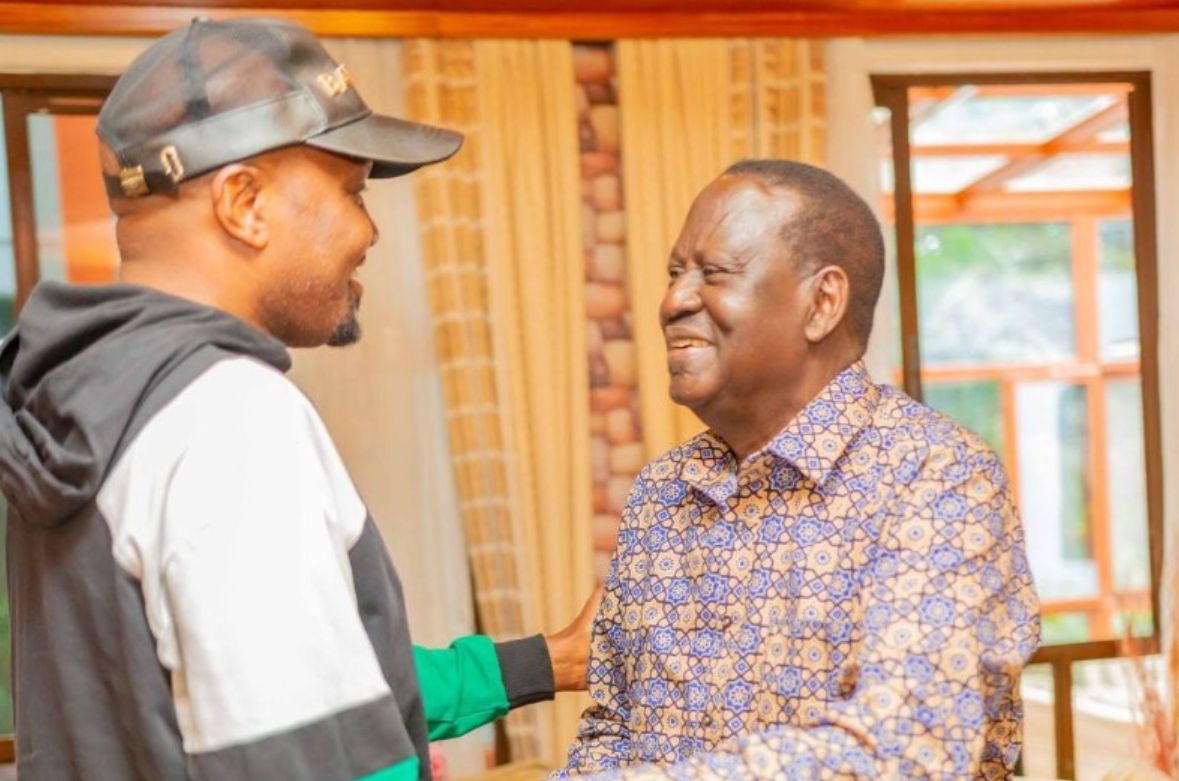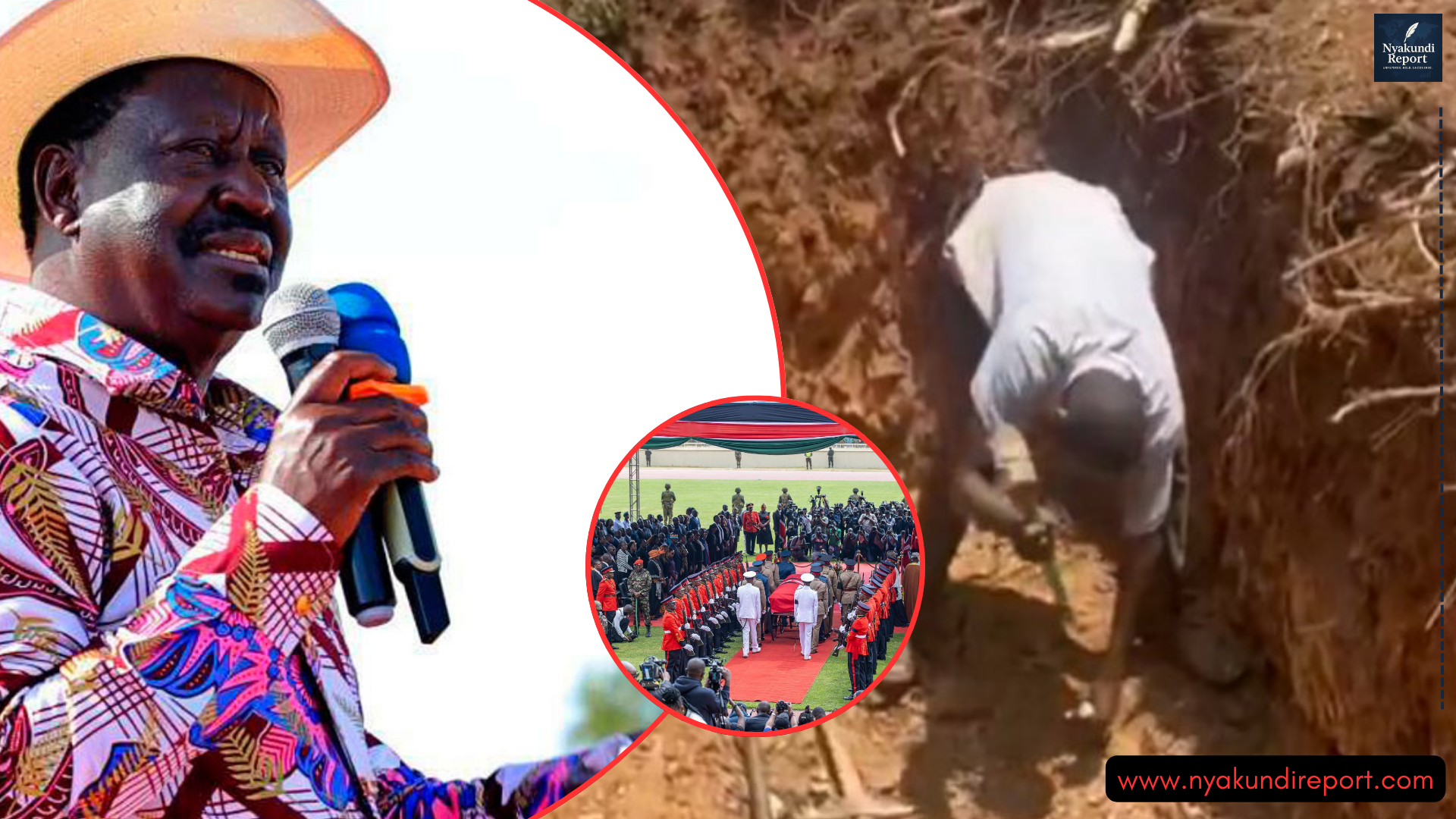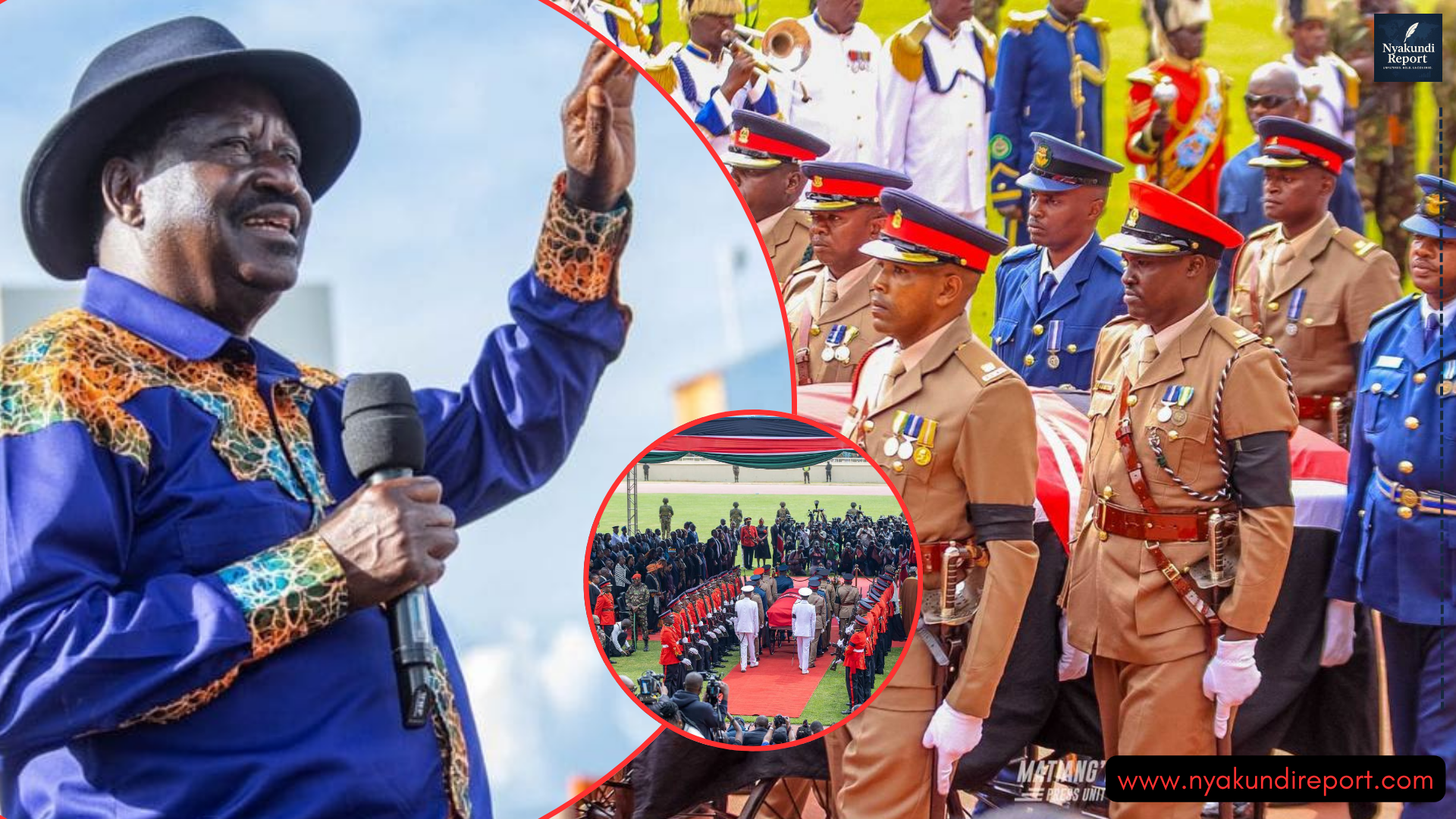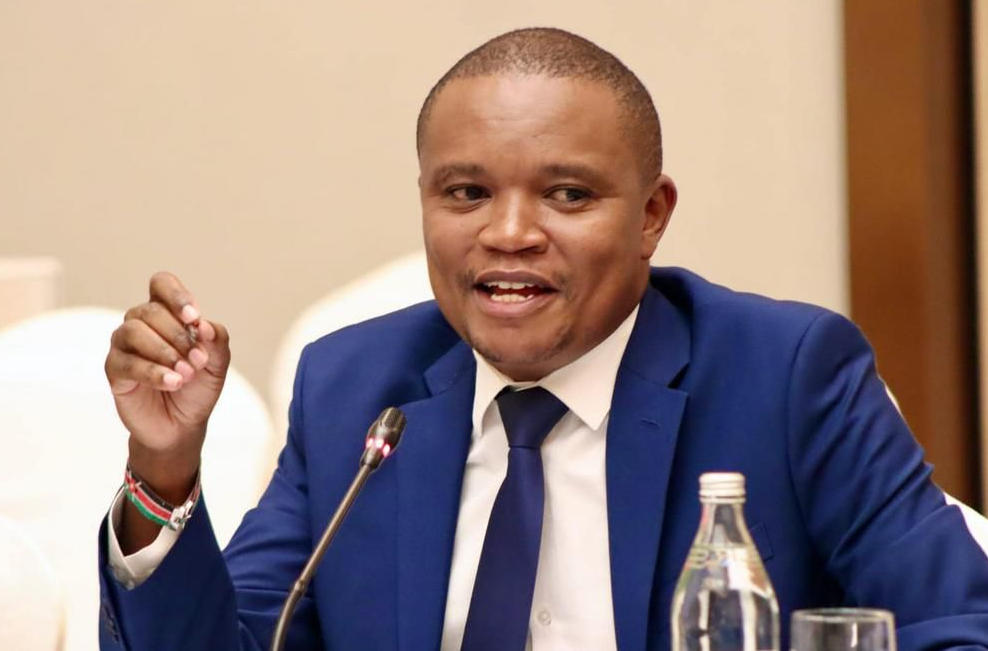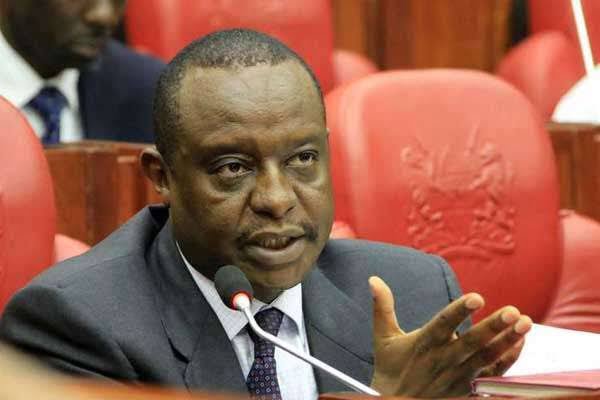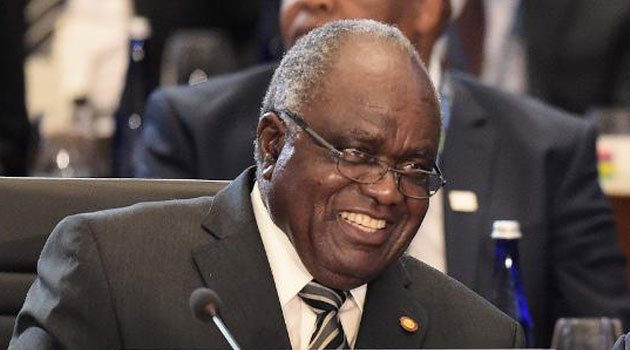A bombshell United States State Department report has shattered Kenya’s official narrative over the abduction of Ugandan opposition leader Kizza Besigye.
The report accuses Kenyan authorities of actively aiding Ugandan security agents in seizing Besigye in Nairobi last year, despite public denials. It further claims Kenya is part of a disturbing pattern of transnational repression, where governments cooperate to silence dissent across borders.
The revelations intensify concerns over Kenya’s declining human rights record, as the country faces mounting criticism for violent crackdowns, protester abuse, and the targeting of refugees.

U.S. Report Reveals Besigye Abduction in Kenya
The latest US State Department’s Country Report on Human Rights Practices paints a grim picture of Kenya’s political and human rights climate in 2024. It directly accuses the government of undermining freedoms, enabling cross-border political persecution, and turning a blind eye to refugee safety.
At the center of the controversy is the case of Dr. Kizza Besigye, Uganda’s four-time presidential candidate and a prominent opposition figure. The report states that on November 16, 2024, Besigye was abducted in Nairobi by Ugandan agents. Contrary to Kenya’s repeated denials, the US claims Kenyan authorities not only knew about the abduction but also coordinated with Uganda to execute it.
Kenya’s Foreign Principal Secretary Sing’oei Korir publicly dismissed the allegations, insisting Kenya had no role in the incident. Yet the US report tells a different story, citing credible evidence of joint planning between Kenyan and Ugandan security agencies.
Coordinated Operation Against Besigye
The report reveals that Besigye’s detention was not an isolated event. It highlights another incident where a registered Ugandan refugee in Kenya was apprehended in Kisumu alongside 36 members of a Ugandan opposition group. The individuals were forcibly returned to Uganda in what the report calls a “joint Kenyan-Ugandan security operation.”
Besigye had been in Nairobi to attend the book launch of Martha Karua, leader of the PLP party. He never made it to the event. Ugandan authorities swiftly detained him and have since refused to release him, keeping him in custody without due process.
The US findings suggest Kenya played a silent but significant role in facilitating Uganda’s crackdown on dissent, in violation of both domestic and international law.
Wider Human Rights Crackdown in Kenya
The Besigye abduction is part of a broader trend documented in the report. The US accuses Kenya of:
Widespread ill-treatment of protesters, especially during the Gen Z demonstrations.
Failure to protect refugees and asylum seekers despite working with the UNHCR.
Systematically undermining democratic freedoms through politically motivated arrests.
While Kenya maintains a legal framework for protecting refugees, the report warns that the country’s refugee status determination system is overwhelmed. More than 212,000 asylum seekers remain without full legal protection due to a growing backlog.
This gap, the report says, leaves refugees vulnerable to exactly the kind of cross-border targeting Besigye faced.
Transnational Repression and Democratic Decline
The US report’s primary conclusion is that Kenya has entered a troubling era of transnational repression. By collaborating with foreign governments to suppress opposition voices, it is eroding its democratic reputation and violating international human rights norms.
The practice of allowing or aiding abductions of political dissidents has drawn strong condemnation from rights groups. Amnesty International and Human Rights Watch have previously warned that such actions risk turning Kenya into a hostile environment for refugees and exiled political leaders.
For now, the Kenyan government has not issued a formal response to the US report beyond Korir’s earlier denial. However, the findings are expected to increase diplomatic tensions between Washington and Nairobi, as well as between Kenya’s leadership and regional human rights advocates.




